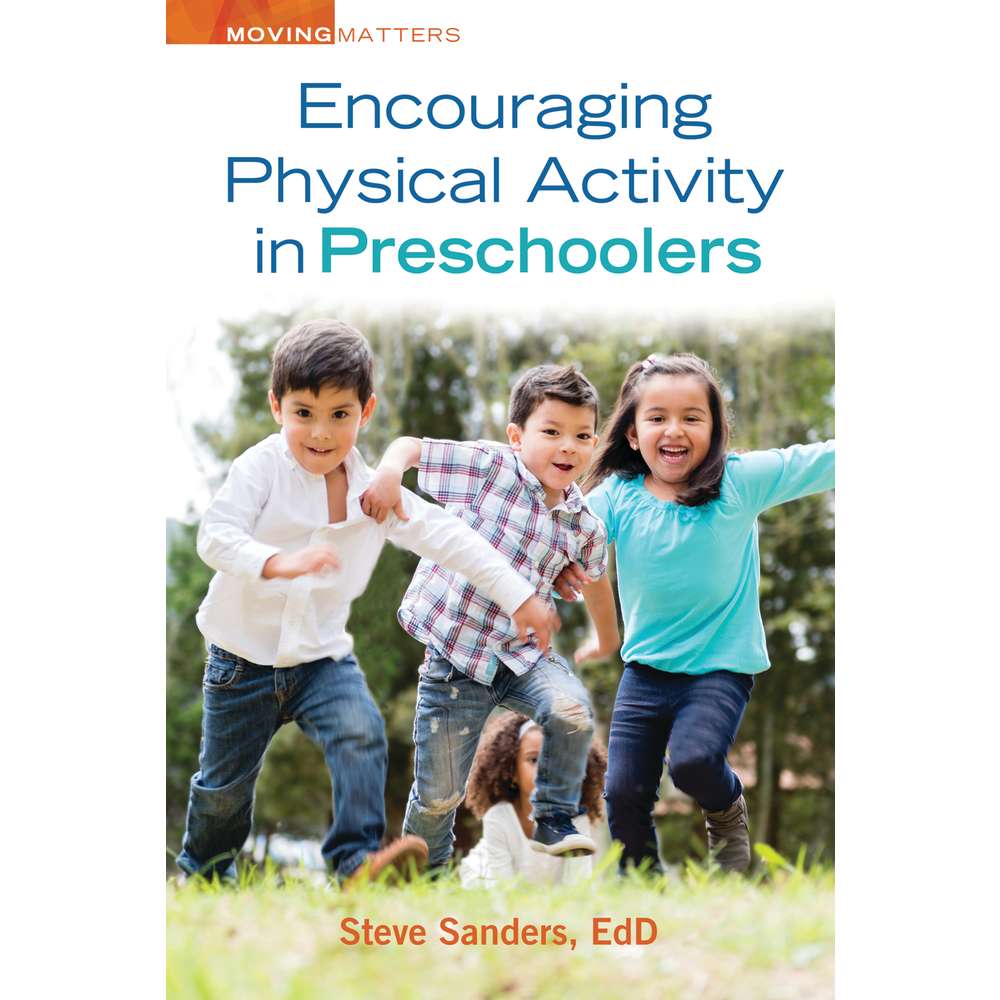












Preschoolers are constantly using their bodies to play and learn, whether you encourage activity or not. You can help them stay active as they grow by providing instruction in physical skills, motivating them to develop strength and fluid movements, and challenging them to improve their skill levels.
Not every child will become an athlete, but all children use motor skills to move around their environment, interact with others, play games, and learn. You can help preschoolers understand the best ways to do the following movements:
Your guidance can mean the difference between playing confidently and giving up in embarrassment. As in all types of learning, practice helps solidify the lessons learned during physical movement instruction.
Motivated by the knowledge and experience you provide, the preschoolers in your care can grow strong bodies, enjoy physical activity, and move with assurance toward a healthy lifestyle.